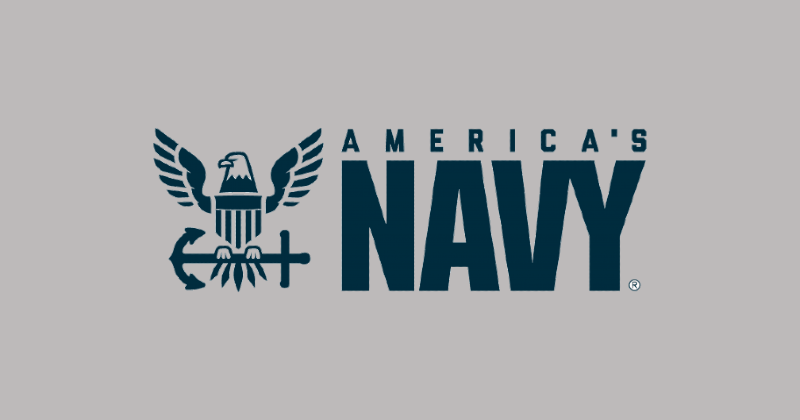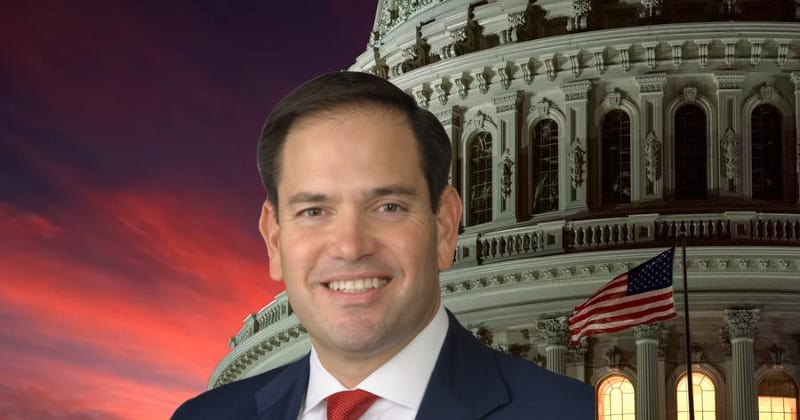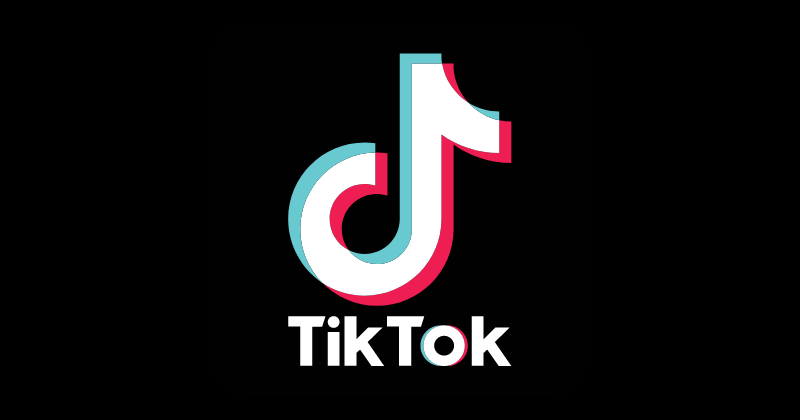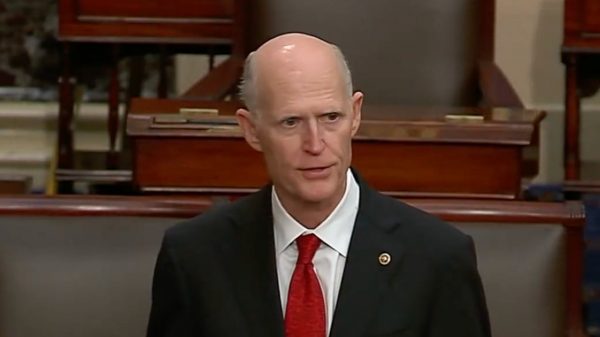U.S. Sens. Ted Budd, R-NC, and Marco Rubio, R-Fla., led a letter to Secretary of the Navy Carlos Del Toro requesting more information regarding the Navy’s use of drag queens as a way to reach potential recruits on social media.
More than a dozen Senate Republicans, including U.S. Sen. Rick Scott, R-Fla., signed the letter.
“The Navy’s ‘Digital Ambassador’ Pilot Program was recently reported to have enlisted an active duty sailor and drag queen for recruiting potential sailors through digital platforms such as TikTok,” Rubio’s office noted.
The letter is below.
We write regarding the Navy’s “Digital Ambassador” Pilot Program and reports that the Navy enlisted a TikTok drag queen to help reach potential recruits on social media. While we understand the importance of social media for modern recruiting, we are concerned about both the promotion of a banned app and behavior that many deem inappropriate in a professional workplace.
As you know, Congress passed the No TikTok on Government Devices Act, which President Biden signed into law on December 29, 2022. This is in response to legitimate concerns that China could use its legal and regulatory powers to obtain private user data or to push misinformation or narratives favoring the Chinese Communist Party (CCP). Given China’s compromise of the personal information of 21 million federal employees, the CCP could even use the same micro-targeting techniques used in recruiting to target the cleared workforce, their families, and close contacts. The bottom line is that the Navy should not be promoting use of TikTok, an app banned on Department devices, on the personal devices of servicemembers or its “ambassadors.”
We understand the need to reach broadly across the eligible population to improve recruiting outcomes, but we question promotion of social media influencers who post behaviors or activities many Americans deem inappropriate. The Navy noted in its 2019 social media handbook that, “It’s often hard to distinguish between the personal and the professional on the internet, so Sailors should assume any content they post may affect their personal careers and the reputation of the Navy more broadly.”
This begs the question whether the Navy endorses the personal posts of its influencers and “ambassadors.” If so, does the Navy endorse drag shows? Where does the Navy draw the line on promotion of the personal activities of its influencers? Would the Navy enlist burlesque dancers or exotic dancers to reach possible recruits? Such activity is not appropriate for promotion in a professional workplace or the United States military.
In fulfilling our responsibility to conduct oversight and to determine potential legislative responses to the Navy’s recruiting crisis and its Digital Ambassador program, we ask for responses to the following questions:
What is the status of the Navy’s Digital Ambassador Pilot Program and does the Navy plan to continue it?
Does the Navy have any data regarding the impact of the Navy’s Digital Ambassador Program? If so, please share it.
How much federal funding was expended on the Navy’s Digital Ambassador program?
Was compensation paid to influencers under the Digital Ambassador program or were special incentives offered for their services?
Despite the congressionally mandated ban of TikTok on Department of Defense devices, is the Navy actively encouraging recruiters, “digital ambassadors”, and/or public affairs officers to use
TikTok on their personal devices in order to get around the prohibition?
Has the Navy officially advised its recruiters, “digital ambassadors”, and/or public affairs officers of the risks inherent in using TikTok on their personal devices?
At a time when our nation’s military is facing a recruiting crisis, it is as important as ever to reach broader swaths of the eligible population—but not at the cost of privacy, security, or professionalism. The United States military has a long history of successfully recruiting by promoting patriotism, valor, and the myriad of benefits of serving through campaigns such as “The Few. The Proud.” and “Be All You Can Be.” The Navy should follow both the letter and spirit of the law as well as its own social media policies as it seeks to modernize its recruiting campaigns to build a strong and professional fleet capable of winning America’s wars, deterring aggression, and maintaining freedom of the seas.
We request responses to these questions no later than May 24, 2023. Thank you for your prompt attention to this letter and we look forward to your responses.
















